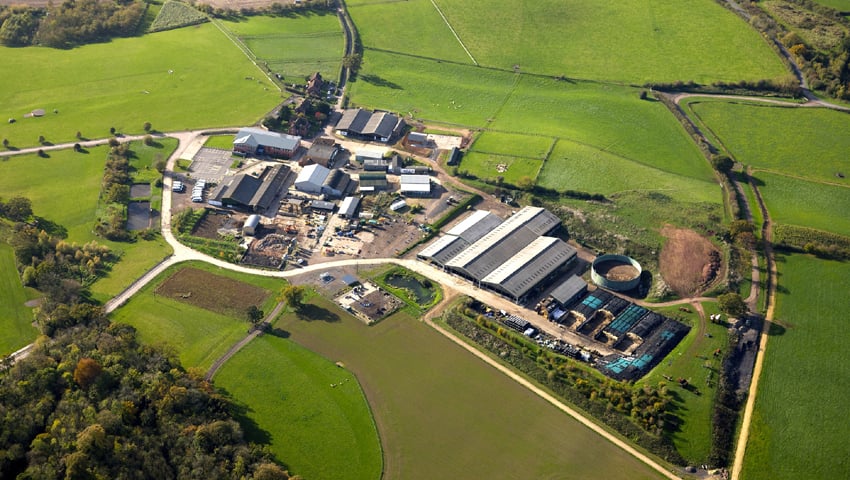A HARTPURY University PhD student, Sito-Obong Udofia, is hoping that her doctoral thesis into the effects of shade and shelter on Hartpury farmland could inform more productive and sustainable landscape management decisions across the agricultural industry.
Equipped with an intrinsic understanding of the land, farmers can make more productive and sustainable decisions, taking into account issues such as biodiversity and climate change.
The research will quantify the effects of different types of natural shade and shelter at Hartpury’s Home Farm including trees, shrubs, hedgerows, cover crops and grasses.
Through a range of methods, including satellite and drone technology as well as utilising smart soil and plant sensors, the study will seek to provide a greater understanding of environmental factors in the location and determine the effects of existing vegetative cover.
Data-driven suggestions can then be made regarding future planting activity, potentially leading to more sustainable productivity levels, and even improving plant resilience to the effects of climate change.
Sito-Obong Udofia said, “Through tree and hedge planting, land managers have an opportunity to exploit a simple and affordable way to future-proof landscapes against shifts in weather and climate, such as increased precipitation, and by doing so lessen the environmental impacts of tomorrow whilst profiting from economic gains today. However, understanding what is currently working well on a piece of farmland will help to make targeted and informed decisions.”
Udofia has a three-year sponsorship for her PhD from the Tertiary Education Trust Fund (TETF) of the Federal Republic of Nigeria in association with the University of Uyo (Nigeria). She is being supervised and supported throughout the project by Professor Matt Bell, Hartpury’s Director of Agriculture.
She adds, “The guidance and input of Professor Bell, who is an agricultural and environmental research expert, has been a huge support. He has helped to guide my research to a practicable direction where we anticipate useful outcomes to deploy for improved farming practices, landscape design and plant resilience to climate effects in Hartpury and for global adaptation.”
Udofia hopes her background in teaching and research in plant science, combined with her ongoing experience engaged with active projects like this one, will prepare her for a career as a specialist in agri-environmental management. To date, her research interests have a key focus on improving landscape practices and environmental conservation in a changing climate.
Sustainable land management using technology is a priority area for research at Hartpury. Other research projects are investigating soil carbon measurements and developing real-time sensors for monitoring soil properties on farms.
